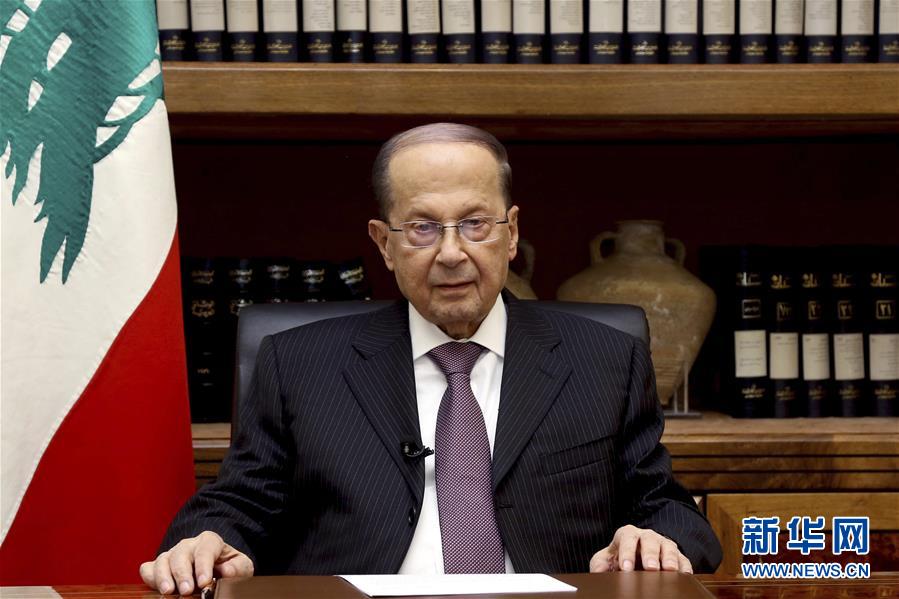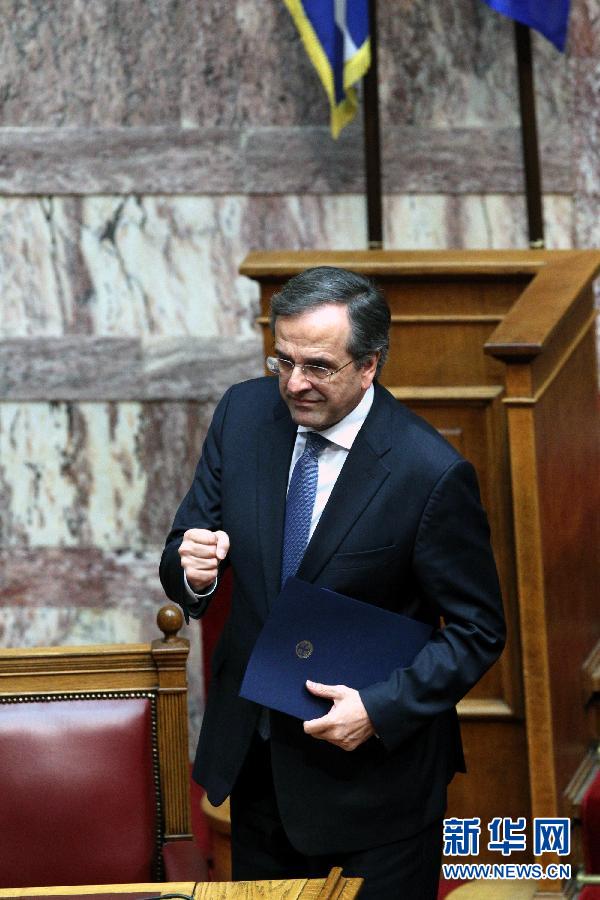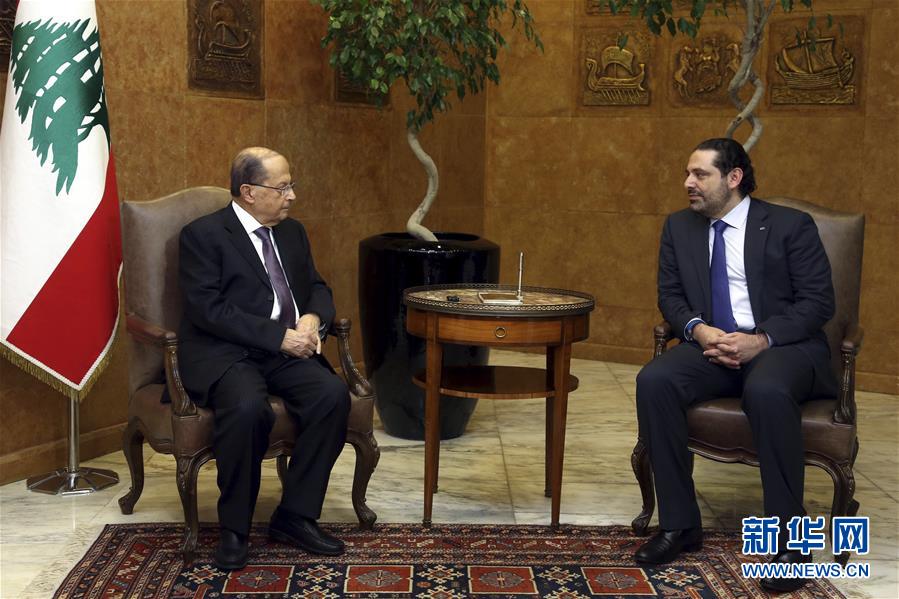黎巴嫩议会第一轮选举未能选出新总统,导致国家面临领导层空缺的问题。此次选举失败凸显了政治派别之间的分歧和争议,未能达成共识。这一情况可能对黎巴嫩的政治稳定和发展产生一定的影响,引发社会关注和担忧。需要各方共同努力,通过对话和妥协解决分歧,以推动国家的发展进步。
Title: Analysis of the Failure of the First Round in Electing a New President in Lebanon Parliament
In the recent political developments of Lebanon, the country has witnessed a unique situation where the first round of presidential election failed to produce a new president. This article aims to provide a comprehensive analysis of the situation and offer a glimpse into the potential future outcomes.
Firstly, it is important to understand the context behind this situation. Lebanon has been facing various political and social challenges that have been affecting its stability and progress. The parliamentary election was a crucial step towards rebuilding the country's political stability and leadership. However, the outcome of the first round has raised concerns and questions about the future of Lebanon's political landscape.
The failure of the first round to elect a new president can be attributed to several factors. Firstly, the political divisions within Lebanon have been deepening over time. Different political parties and factions have their own ideologies and interests, which often lead to conflicts and disputes. This situation has made it difficult for politicians to reach a consensus on key issues, including the presidential election.
Secondly, Lebanon has been facing a severe economic crisis that has been affecting its financial stability and social welfare. The crisis has led to widespread poverty and unemployment, which have further complicated the political situation. The election process was also affected by these economic challenges, as politicians had to focus on addressing these issues rather than solely on election matters.
Thirdly, there were also external factors that influenced the outcome of the presidential election. The region's political dynamics have been unstable in recent years, affecting Lebanon's political stability and leadership transition. The global pandemic has also created additional challenges for Lebanon, affecting its economy and social conditions, which further complicated the election process.
In light of these factors, it is important to consider the potential future outcomes of this situation. Firstly, there will be increased pressure on politicians to resolve the political divisions within Lebanon and address the economic crisis. The failure of the first round has highlighted the urgency of these issues and has brought attention to the need for political unity and cooperation.
Secondly, there will be calls for reforms within Lebanon's political system. The current system has been facing numerous challenges and has been unable to effectively address key issues such as political divisions and economic crises. Reforms are necessary to ensure that Lebanon's political system is more inclusive, transparent, and accountable.
Thirdly, there will be increased regional and international engagement in Lebanon's political process. The failure of the presidential election has attracted attention from regional powers and international organizations that will seek to provide support and assistance in order to stabilize Lebanon's political situation. However, this also means that Lebanon will have to navigate complex regional dynamics and external influences in its political transition.
In conclusion, the failure of the first round in electing a new president in Lebanon Parliament is a complex issue that requires a comprehensive analysis of the underlying factors and potential future outcomes. It is important for Lebanon to address its political divisions, economic crises, and reform its political system in order to achieve stability and progress. The country will also need to navigate complex regional dynamics and external influences in its political transition. With increased pressure on politicians and calls for reforms, Lebanon will face numerous challenges in its quest for political stability and leadership.




 浙ICP备2023005172号-3
浙ICP备2023005172号-3 浙ICP备2023005172号-3
浙ICP备2023005172号-3